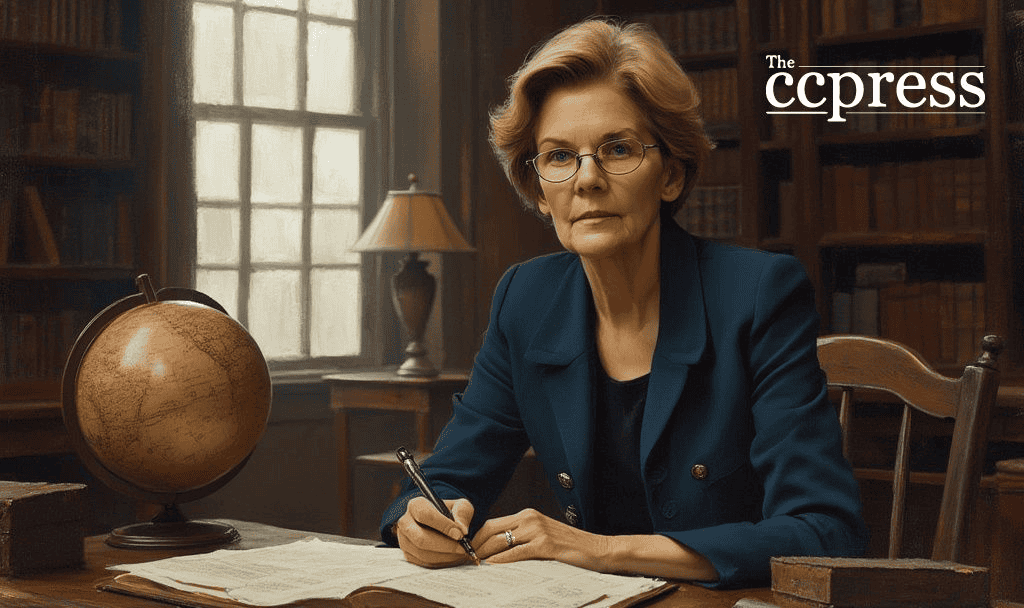- Warren demands Trump market probe amid chaos.
- Tariff policies allegedly favored Wall Street donors.
- Economic uncertainty grows for small businesses and investors.

Main Content
Lede
Elizabeth Warren has requested a formal investigation into former President Trump’s tariff policies, accusing him of market manipulation to benefit Wall Street, with implications for small businesses and working-class Americans.
Nutgraph
Senator Elizabeth Warren’s investigation call regarding Trump’s tariffs underscores potential misuse of presidential influence on markets and Wall Street gains. This highlights the necessity for oversight in policy-driven economic impacts.
Sections
Trump’s Tariff Policies Under Scrutiny
Former President Donald Trump’s tariff announcement and subsequent social media activity led to claims of big market shifts, allegedly catering to Wall Street interests. Warren’s investigation emphasizes concerns over possible insider trading and economic repercussions for smaller entities.
Elizabeth Warren accuses Trump’s administration of implementing erratic tariffs, while creating economic disorder. Former White House lawyer Richard Painter supports this view, suggesting potential insider trading violations resulting from Trump’s market-influencing tweets.
I’m calling for an investigation into whether President Trump manipulated the market to benefit his Wall Street donors—all while working people and small businesses paid the price.
– Elizabeth Warren
Economic Impact of Tariff Decisions
Trump’s tariff pause caused the S&P 500 to surge 9.5%, reviving $4 trillion in market value, impacting industries and investors alike. Tariff policy shifts sparked concern, with rates rising and falling unpredictably, adding to financial instability.
Warren’s allegations highlight growing worries about political influence on financial markets.
Economic uncertainty from these tariffs may also strain global relations, particularly with nations engaged in trade negotiations.
Potential for Regulatory Changes
Warren’s demand for investigation might lead to regulatory changes, aiming to curb potential abuses in policy announcements. Understanding past precedents can offer lessons, possibly shaping future trade and economic legislation.
